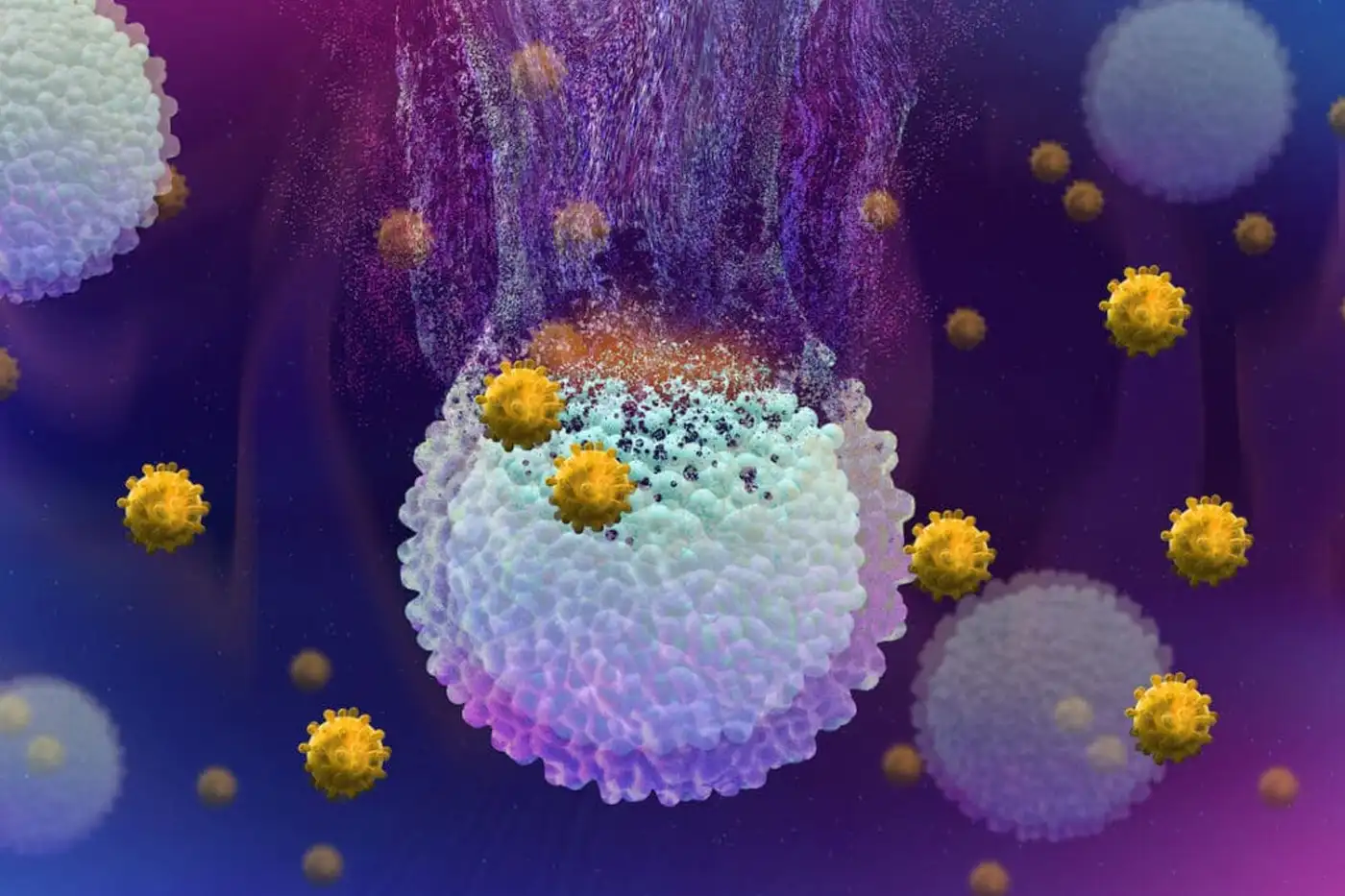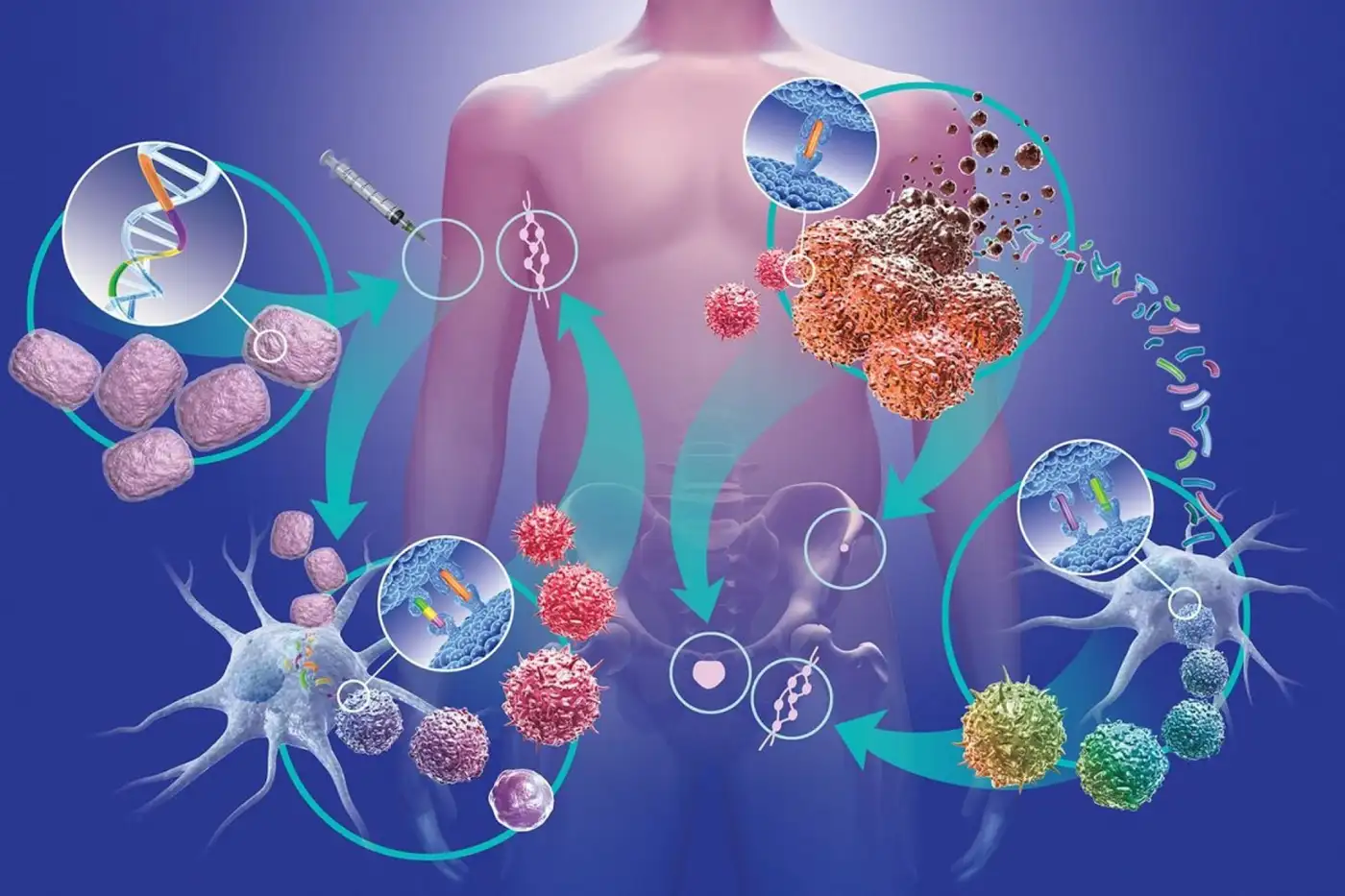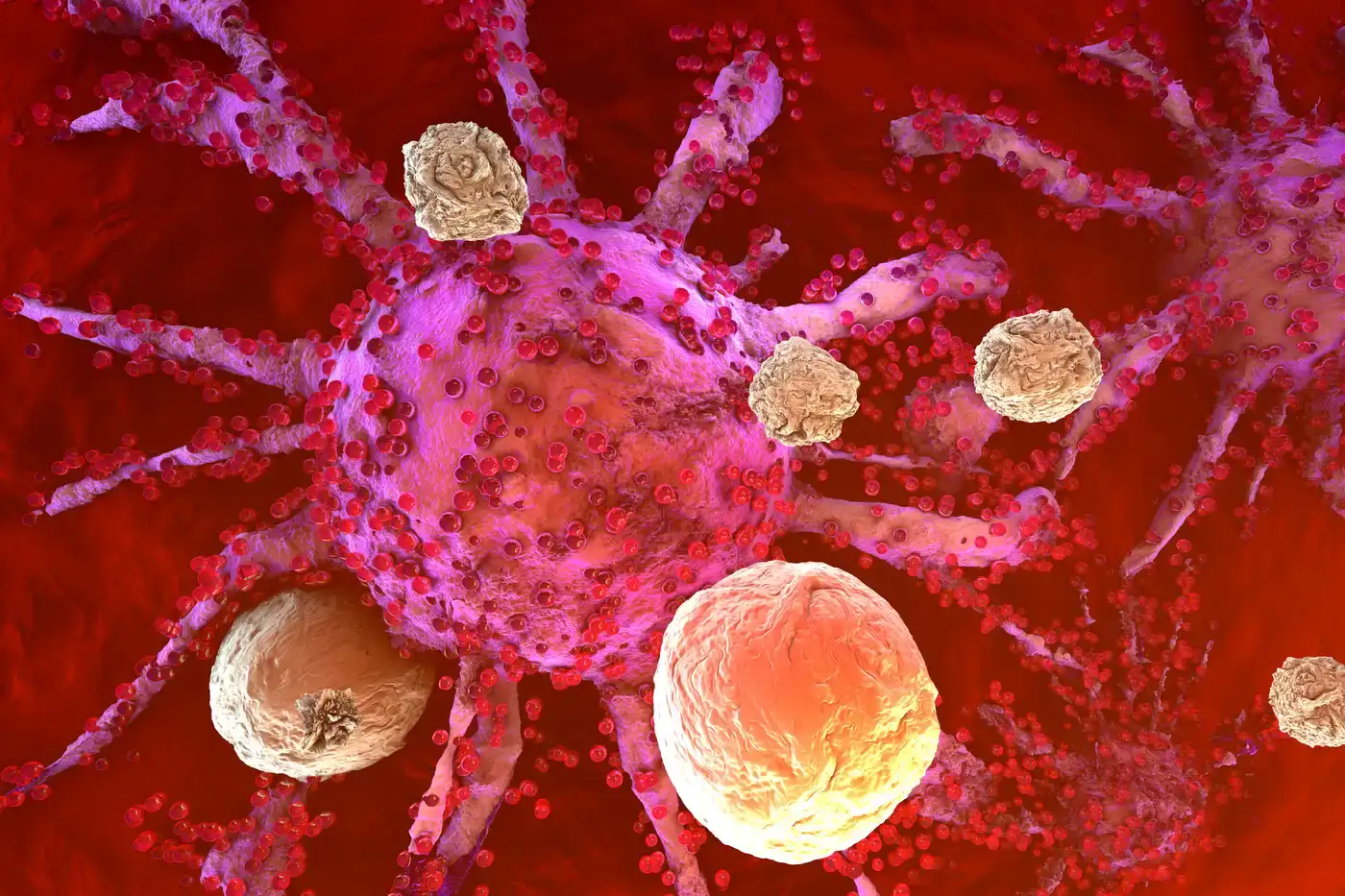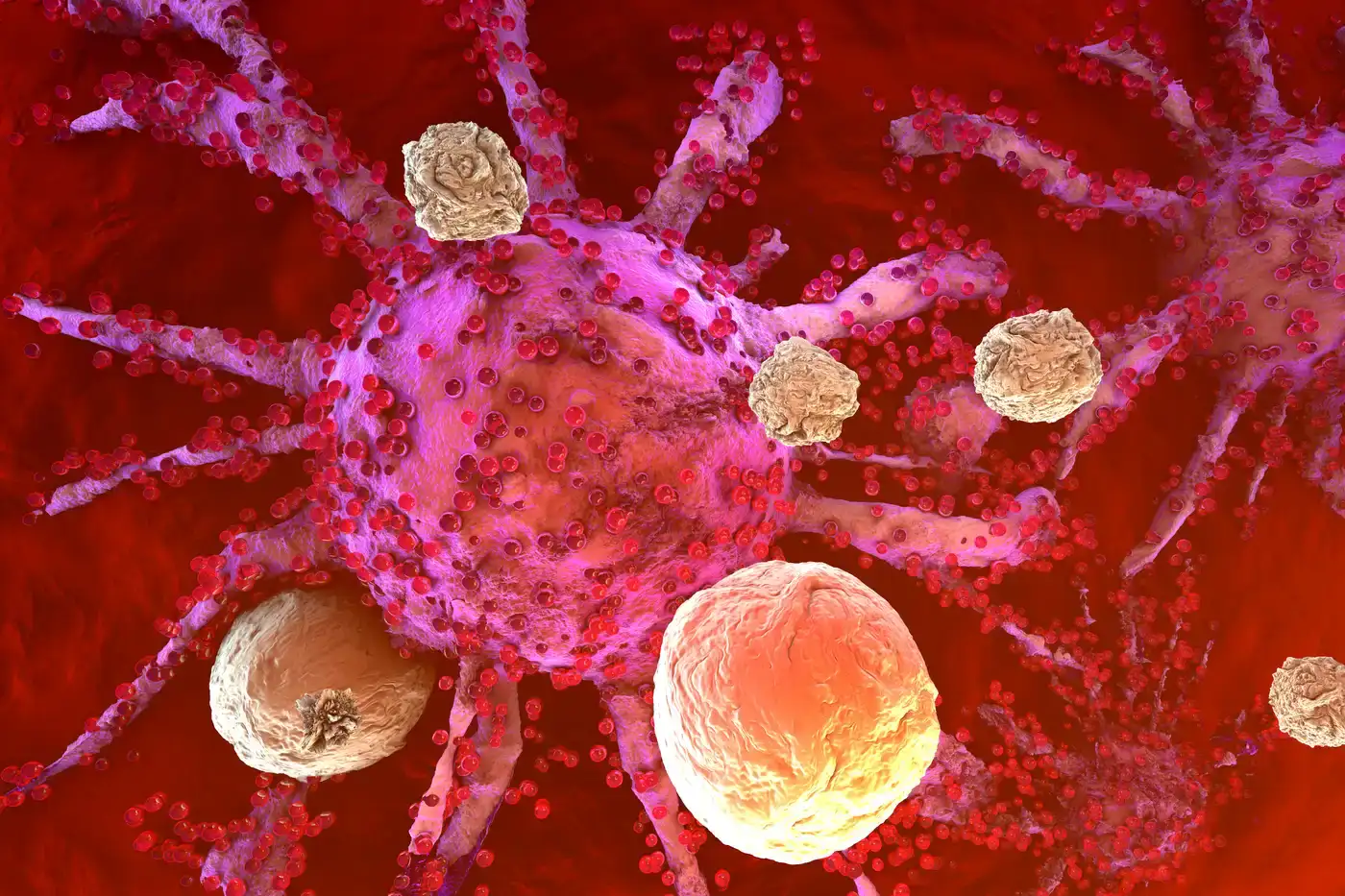Immunotherapy is a type of cancer treatment that uses the body’s own immune system to fight cancer. It works by stimulating the immune system to recognize and attack cancer cells, which are often able to evade the immune system. Immunotherapy can be used to treat various types of cancer, including melanoma, lung cancer, kidney cancer, and others.
Immunotherapy works by stimulating the immune system to recognize cancer cells as foreign and attack them. This can be done through various mechanisms, including:
There are several types of immunotherapy, including:
The benefits of immunotherapy include:


Side effects of immunotherapy can include:
Immunotherapy can be administered in various ways, including:

Immunotherapy is used to:


The most common cancers treated with immunotherapy are:
Immunotherapy can be used in combination with:
Preparation includes:
Eligibility criteria may include:

Resources include:
Costs may include:


Cancer Patients Treated
Our aim is to provide the best cancer treatment & care, make cancer care affordable and accessible to all. Provide cancer care without barriers viz financial, social, logistical, psychological etc. Latest Cancer Treatment based on evidence, delivered with empathy, with highest ethical standards.